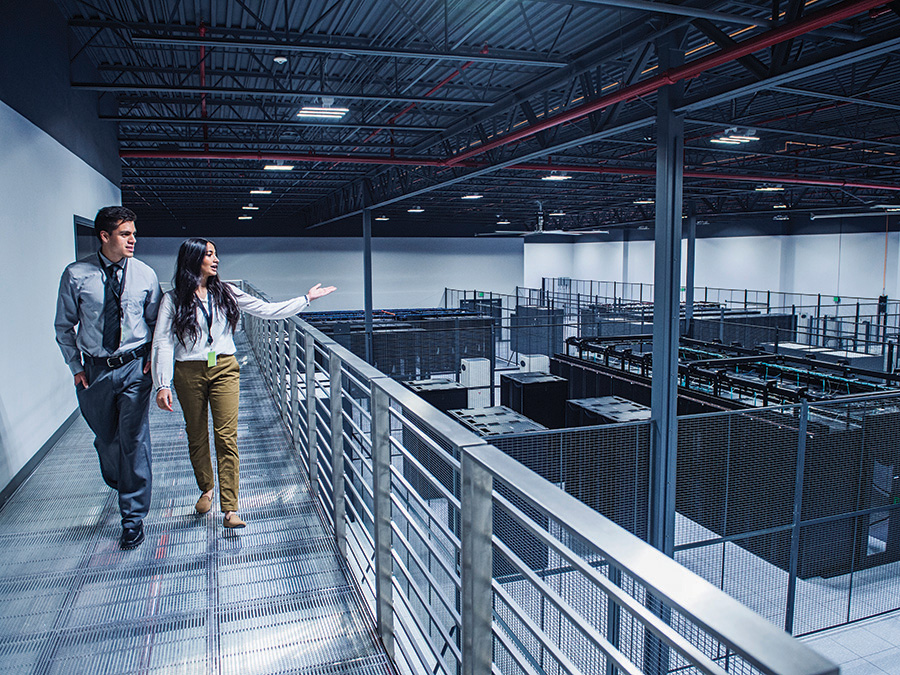Electronic devices are part and parcel of our daily lives today, from powering heavy-duty machinery such as the elevator to the many electrical appliances we find in the typical office or home.
For electrical contractors, this reliance on electricity represents both an opportunity for more work assignments, as well as the responsibility of ensuring that clients’ critical applications are kept operating smoothly.

Devices Need Power Protection
For a start, protecting electrical systems from power surges and outages require the use of an uninterruptible power supply or UPS. Packed with powerful batteries with electronics that automatically activate the moment there is an interruption in the power, the UPS ensures that devices are never left without power.
And like it or not, the responsibility of explaining the importance of the UPS often falls squarely on the electrical contractor. Moreover, power requirements also vary considerably across organisations. This necessitates a discussion about the various electrical systems and their relative importance to ensure that power requirements are sized correctly.
The repercussions of a power outage are easy to understand. An outage at a retail outlet might mean that payments can no longer be processed, which can easily result in losses of hundreds of dollars over a few hours. In addition, a prolonged power trip at a restaurant or ice-cream parlour can result in food spoilage amounting to thousands of dollars – especially if the power trips in the middle of the night.
A properly set up UPS, however, can be configured to alert the business owner or electrician the moment there is a power outage. With a minimum amount of backup power to keep things powered, this should offer adequate time for the power situation to be rectified.

UPS in Every Business
Different businesses will have different requirements about the devices that require protection. This can range from PCs, networking and Internet equipment in the corporate office, to the automated gantry at the carpark, or cash register at the supermarket.
While there is no running away from a thorough audit to identify the most vital systems, below is a shortlist of the most common devices that will likely require the use of a UPS.
- Emergency lighting
- Fire alarms
- Surveillance cameras
- Access control systems
- Electromagnetic door locks
- IP phones
- Exit signages
- Elevators
- Building Management Systems (BMS)
Peace of Mind
There is no question that advanced planning is essential. For instance, there is little point in hooking up the Internet router to the UPS when the networking switches and Wi-Fi access points are not. Ditto to the backend storage systems that the surveillance cameras are hooked up to.
When all is said and done, the job of the electrical contractor is to give customers relevant advice and ensure that the power protection systems are deployed to the best of their professional capacity. With the right education and a proper deployment, customers can have peace of mind that their business will run seamlessly.
In the meantime, you can check out some of the common UPS systems from Schneider Electric here. To learn more, download this free guide from Schneider Electric titled “UPS Basics for Electrical Contractors and Specifiers: How to Choose, Configure and Cost-Justify” here (free registration).
Article by Michael Kurniawan, Vice President, Secure Power Division, Singapore-Malaysia-Brunei, Schneider Electric








